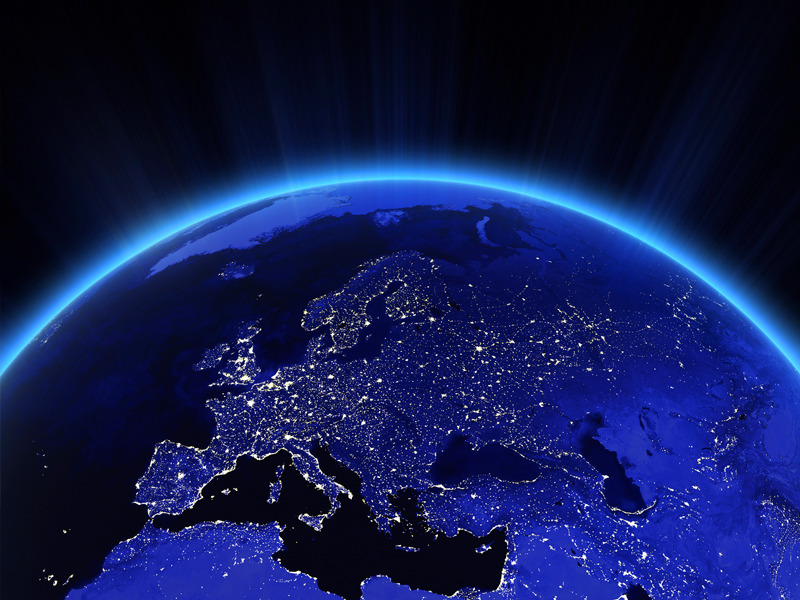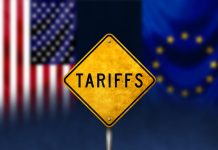From the Editors
Many observers have commented, over the past year, that without Russia, Europe seems incomplete. Not only is the Russian Federation demographically and territorially the largest European country, but it is also, to a large extent, a major political, socioeconomic and cultural force in European affairs whose influence stretches from the Baltic Sea to the Balkans and the Black Sea.
Economically, Russia is an important export and import market for the EU and its members. This is why the EU is not immune from the effects of the current economic sanctions against Russia – during a lecture at the John F. Kennedy School of Government at Harvard University, US Vice-President Joseph Biden admitted in so many words that the EU did not whole heartedly favour sanctions against Russia. Who could fail to notice Merkel’s and Hollande’s efforts to forestall sanctions in the Ukraine crisis?
Any trade agreement between the European Union and the Eurasian Economic Union (EEU) would be the embryo for a broader Eurasian-wide trade zone that has the potential to include the Central European Free Trade Agreement (CEFTA), the South Asian Association for Regional Cooperation (SAARC), and the Association of Southeast Asian Nations (ASEAN). In effect creating a “Super Economic Block”.
Many economists in Europe now feel that from a purely economic perspective it makes more sense for the EU to consider a framework for cooperation with the EEU instead of the Transatlantic Trade and Investment Partnership (TTIP) with the US. This sentiment has been reflected by Moscow’s ambassador to the EU, Vladimir Chizhov, who was reported to have said that he wanted to start contacts between the EU and EEU as soon as possible and that the EU sanctions on Russia should not prevent dialogue and
contact between the two blocs.
There is no doubt that there are interesting times ahead for the EU.



































